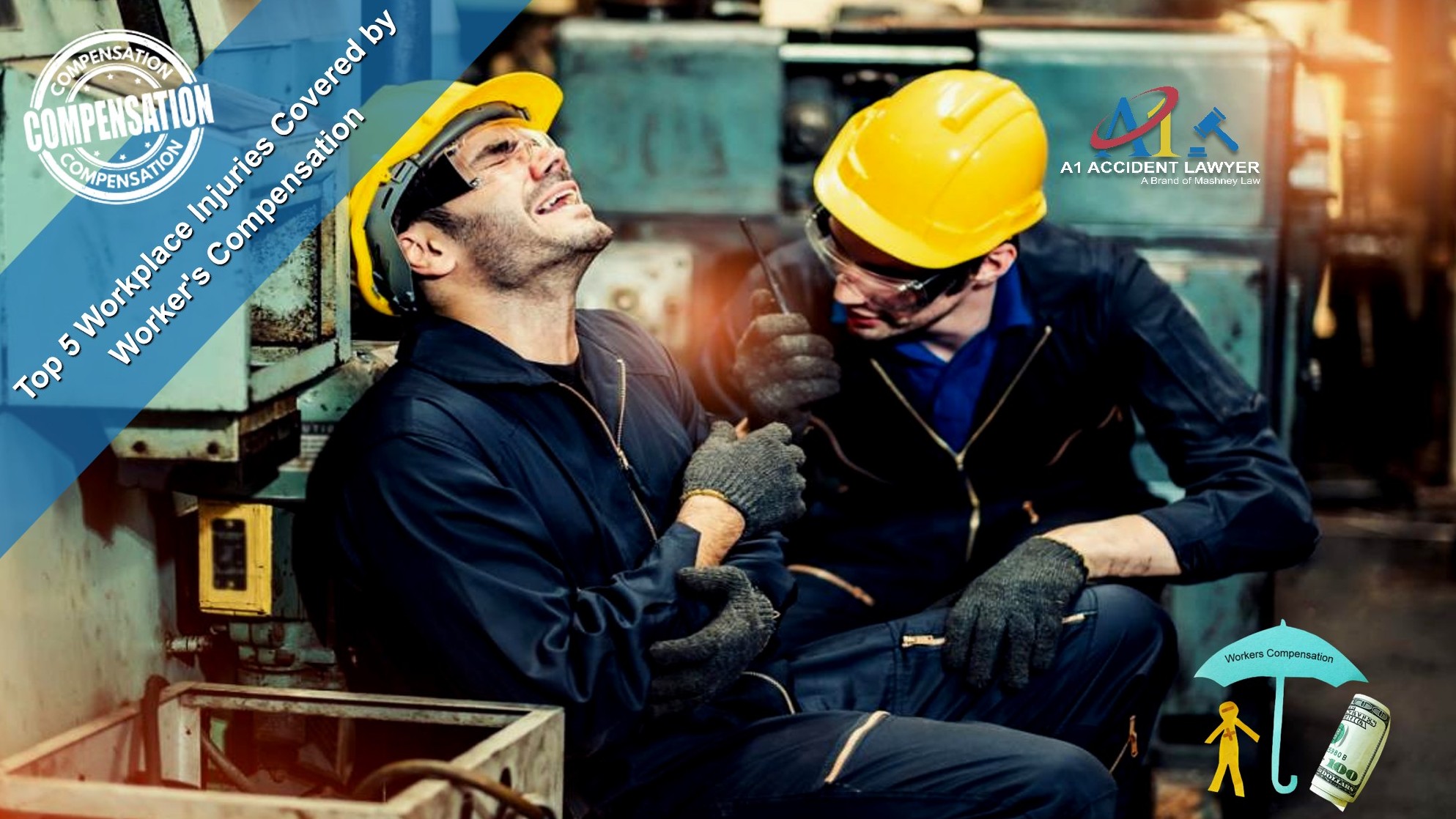Introduction:
Uncover the top five workplace injuries covered by worker’s compensation in California. From slips and falls to repetitive strain injuries, explore the most common workplace incidents and the benefits available to employees. Discover how worker’s compensation in California provides support and compensation for these injuries.
Section 1: Slips, Trips, and Falls
Slips, trips, and falls are among the most common workplace injuries. They can occur due to wet or slippery surfaces, uneven flooring, cluttered walkways, or inadequate lighting. These accidents can result in sprains, fractures, head injuries, or back injuries. Worker’s compensation covers medical treatment, rehabilitation, and wage replacement for employees affected by such injuries.
Section 2: Repetitive Strain Injuries (RSIs)
Repetitive strain injuries (RSIs) are caused by prolonged or repetitive movements, often associated with tasks like typing, assembly line work, or heavy lifting. Examples of RSIs include carpal tunnel syndrome, tendonitis, or bursitis. Worker’s compensation provides coverage for medical treatment, physical therapy, and wage replacement for employees suffering from RSIs.
Section 3: Workplace Accidents and Machinery-related Injuries
Workplace accidents involving machinery or equipment can lead to severe injuries, such as amputations, fractures, or crush injuries. These accidents can occur due to improper training, equipment malfunction, or inadequate safety protocols. Worker’s compensation covers medical treatment, rehabilitation, and wage replacement for employees injured in such accidents.
Section 4: Occupational Illnesses and Exposure to Hazardous Substances
Occupational illnesses can develop over time due to exposure to hazardous substances or conditions in the workplace. Examples include respiratory conditions from exposure to toxic fumes, chemical-related illnesses, or diseases caused by asbestos exposure. Worker’s compensation provides coverage for medical treatment, ongoing care, and wage replacement for employees affected by occupational illnesses.
Section 5: Psychological Injuries and Emotional Distress
Worker’s compensation also recognizes the impact of psychological injuries and emotional distress in the workplace. Stress, anxiety, depression, or post-traumatic stress disorder (PTSD) can result from work-related factors such as excessive workload, harassment, or traumatic incidents. If a diagnosed psychological injury is deemed work-related, worker’s compensation can cover necessary treatment, therapy, and wage replacement for affected employees.
Conclusion:
Worker’s compensation plays a vital role in supporting employees who experience workplace injuries. By understanding the coverage provided for common workplace injuries, employees can access the necessary medical treatment, rehabilitation, and financial support they need to recover and return to work. Employers also benefit from prioritizing safety measures and maintaining a proactive approach to preventing these injuries.[/vc_column_text][/vc_column][/vc_row][vc_row][vc_column][vc_single_image image=”10739″ img_size=”large”][/vc_column][/vc_row]

